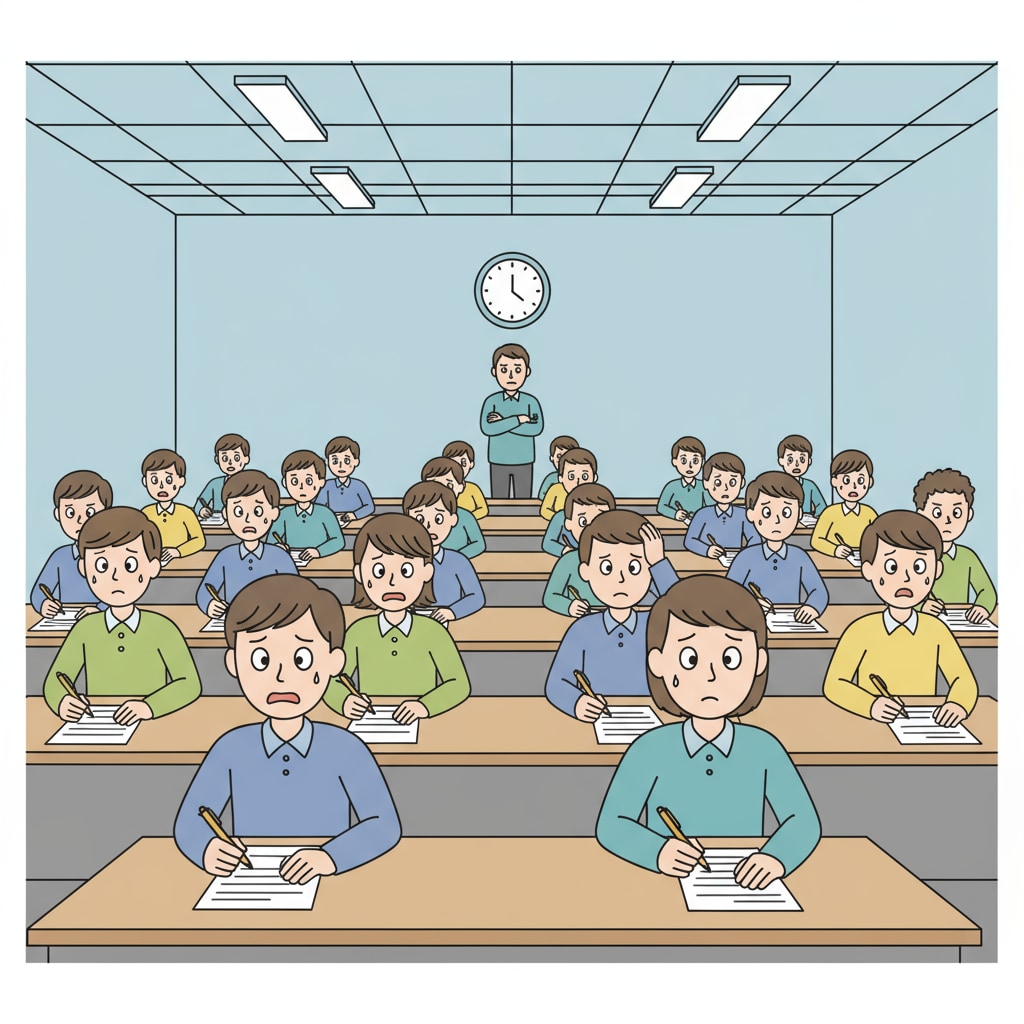Learning anxiety, self-doubt, and learning difficulties are prevalent issues among today’s teenagers. As they navigate the challenging landscape of education, many students find themselves grappling with these psychological barriers, which can significantly impact their academic performance and overall well-being. For example, a student may feel overwhelmed by the pressure to achieve high grades, leading to self-doubt about their abilities.

The Origins of Learning Anxiety
Learning anxiety often stems from multiple factors. One major cause is the high-stakes testing environment. Standardized tests like the SAT or ACT can create intense pressure on students. According to American Psychological Association’s research on test anxiety, the fear of failure in these tests can trigger anxiety. Additionally, parental and peer expectations play a role. When parents set extremely high goals or when students compare themselves unfavorably to their peers, it can lead to feelings of inadequacy.

The Vicious Cycle of Self-Doubt
Self-doubt typically follows learning anxiety. Once students start to experience anxiety, they may begin to question their capabilities. For instance, if a student struggles with a particular subject, they might think, “I’m just not good at this,” and this self-doubt can further impede their learning progress. It forms a vicious cycle, as the lack of confidence makes it even harder to focus and perform well. As Verywell Mind’s article on self-doubt states, self-doubt can erode motivation and lead to procrastination.
To break free from this cycle, teenagers need to develop effective coping strategies. One approach is to set realistic goals. Instead of aiming for perfection, they can focus on making incremental progress. Another strategy is to practice positive self-talk. By replacing negative thoughts with positive affirmations, students can boost their confidence. For example, saying “I can improve with effort” instead of “I’m not good enough.”
Readability guidance: In this article, we’ve explored how learning anxiety, self-doubt, and learning difficulties affect teenagers. By understanding the causes and implementing practical strategies, we can help them overcome these challenges and achieve their full potential.


